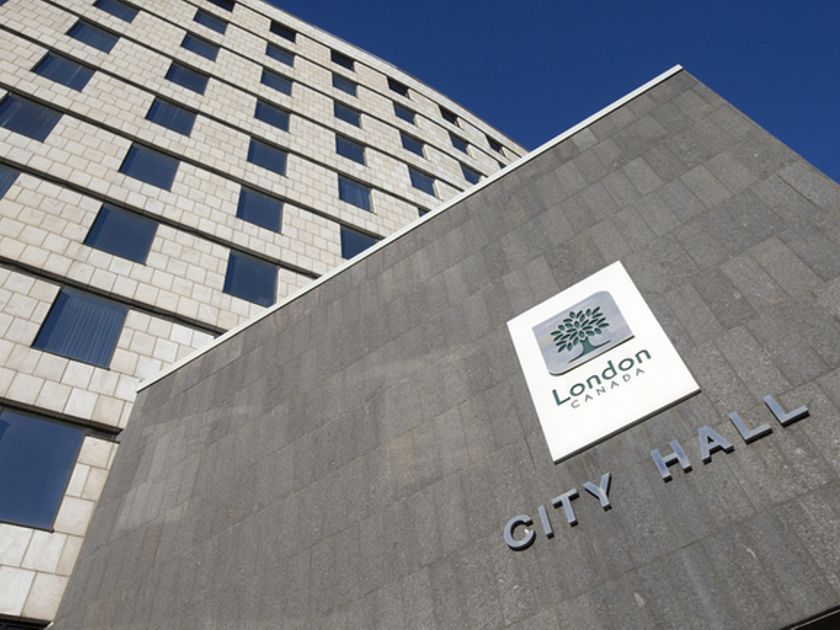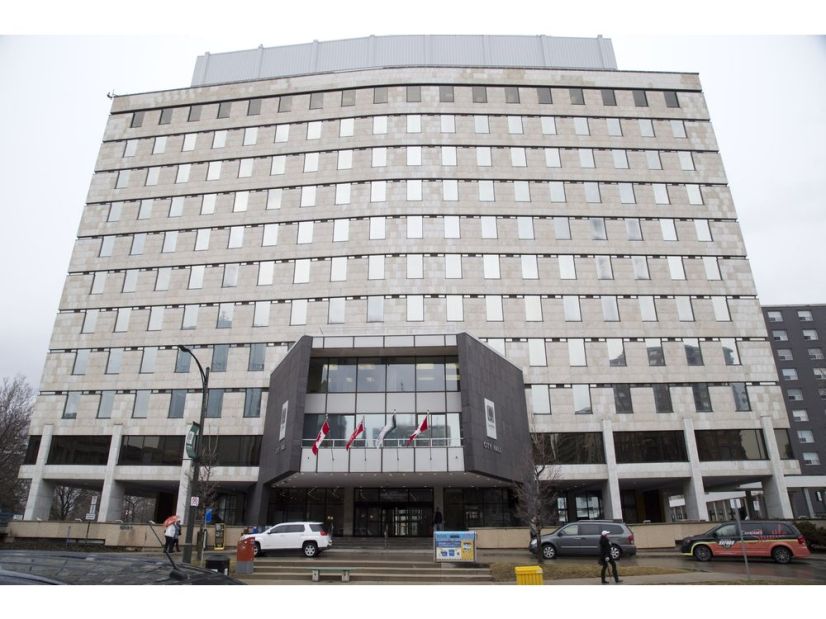By Tony Hodgkinson
An arbitration board report released Monday gives London firefighters a 15 1/2 per cent pay increase for 1981, but keeps them just under the $27,000-a-year wage they had sought.
In the report issued by Toronto lawyer Thomas McIver, who chaired an arbitration hearing in September, the pay for a first-class firefighter rises to $26,852 in the last half of this year from the $22,900 provided for in the last contract which expired last Dec. 31.
The report also rejected a plea by the London Firefighters Association for retirement after 30 years’ service on full pension for any firefighter before reaching the mandatory retirement age of 60.
Spokesmen for the firefighters could not be reached for comment and one city hall official said the contract document would not be studied until today.
The arbitration report increases pay for a first-class firefighter to $25,148 effective Jan. 1 and to $26,852 July 1, resulting in a “composite rate” of $26,000 for the year.
“The salaries of all other employees who are represented by the association in this arbitration will be increased accordingly,” wrote McIver, who chaired a three man panel.
At the hearing, the firefighters went after a 19 per cent increase to $27,251 while the city wanted to hold the line at 10.48 per cent or $25,300.
The firefighters’ demands were an attempt to achieve parity with London police officers. A first-class constable now earns $27,000. Although the panel’s award fell shy of that, McIver notes that first-class firefighters in Ottawa, Mississauga and York receive $27,000 and in Hamilton, $27,075. He noted that London firefighters have been “paid consistently less” than in those other municipalities.
Pensions and retirement figured prominently in the contract negotiations. McIver said optional retirement from age 50 to employees with a minimum of 30 years’ service would cost the city $2,744,144, which he termed “a very large expenditure to permit certain members of the association to take early retirement.”
He said the expenditure was not warranted to provide for the early retirement “luxury”.
“If a member of the association is able to work, then I do not feel it is asking too much of him to continue to work until he reaches the age of 60.
“If, through illness or disability he is unable to work, then he is adequately protected through the existing long-term disability plan.”
McIver also rejected a firefighters’ request to permit employees converting years of military service or other public service to pension credit.
By Tony Hodgkinson
An arbitration board report released Monday gives London firefighters a 15 1/2 per cent pay increase for 1981, but keeps them just under the $27,000-a-year wage they had sought.
In the report issued by Toronto lawyer Thomas McIver, who chaired an arbitration hearing in September, the pay for a first-class firefighter rises to $26,852 in the last half of this year from the $22,900 provided for in the last contract which expired last Dec. 31.
The report also rejected a plea by the London Firefighters Association for retirement after 30 years’ service on full pension for any firefighter before reaching the mandatory retirement age of 60.
Spokesmen for the firefighters could not be reached for comment and one city hall official said the contract document would not be studied until today.
The arbitration report increases pay for a first-class firefighter to $25,148 effective Jan. 1 and to $26,852 July 1, resulting in a “composite rate” of $26,000 for the year.
“The salaries of all other employees who are represented by the association in this arbitration will be increased accordingly,” wrote McIver, who chaired a three man panel.
At the hearing, the firefighters went after a 19 per cent increase to $27,251 while the city wanted to hold the line at 10.48 per cent or $25,300.
The firefighters’ demands were an attempt to achieve parity with London police officers. A first-class constable now earns $27,000. Although the panel’s award fell shy of that, McIver notes that first-class firefighters in Ottawa, Mississauga and York receive $27,000 and in Hamilton, $27,075. He noted that London firefighters have been “paid consistently less” than in those other municipalities.
Pensions and retirement figured prominently in the contract negotiations. McIver said optional retirement from age 50 to employees with a minimum of 30 years’ service would cost the city $2,744,144, which he termed “a very large expenditure to permit certain members of the association to take early retirement.”
He said the expenditure was not warranted to provide for the early retirement “luxury”.
“If a member of the association is able to work, then I do not feel it is asking too much of him to continue to work until he reaches the age of 60.
“If, through illness or disability he is unable to work, then he is adequately protected through the existing long-term disability plan.”
McIver also rejected a firefighters’ request to permit employees converting years of military service or other public service to pension credit.





